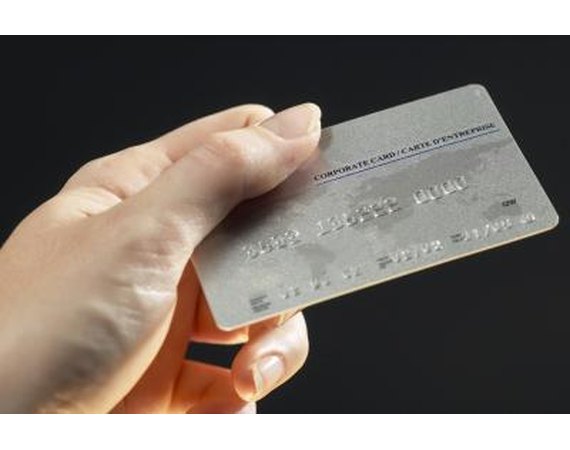After you have made additional principal payments, you can calculate the amount needed to payoff the account if you have all of the terms. The payoff will be lower after additional principal payments have been made, because the balance will be less. The smaller the balance, the less interest or finance charges that accrue daily. You can calculate the payoff using the same technique for a mortgage loan, auto loan or even credit cards.
1 Review all of the terms and conditions regarding your loan. You'll specifically need the loan balance, interest rate and the date the additional principal payment was made. Once you have all of these facts, you can easily compute a payoff balance for your credit account. The payoff figure can change frequently, since interest accrues daily.
2 Decide which type of account you want to make additional principal payments on. If you send in additional principal payments on a credit card account, the interest due will be taken from the additional principal payment. When additional principal payments are sent in for auto or mortgage loans, you can request the entire amount be deducted from the principal balance without anything going to interest.
3 Determine what day you want the loan paid off. If you have a loan balance of $5,000 with an interest rate of 6 percent, the payoff can be computed. Interest starts accruing daily from the date the additional principal payment was made. If your last additional principal payment was made on January 15, for example, interest accrues from this point on. Any interest accruing before this point will have been deducted from the last principal payment. If you decide to pay off your loan on January 30, you will need to find out the amount of interest that accrues from January 15 to January 30, or 15 days.
4 Calculate the interest due. Take the interest rate of 6 percent and divide it by 360, times 15 days, times the balance of $5,000. In this example, the interest that accrues for 15 days is $12.49. Add the accumulated interest to the balance of $5,000 to get the payoff figure, which is $5,012.49. This is the amount needed to payoff the balance after an additional principal payment has been made.
5 Determine a new payoff date. The payoff figure should arrive by January 30 to be considered a valid payoff. If your payoff will not arrive on time, you will need to pay additional interest. To calculate the new payoff date, a per diem figure is needed. Since the amount of interest for 15 days is $12.49, the amount of interest for one day is 83 cents ($12.49/15 = .8326). If you need an additional five days to get your payoff to its desired destination, you should add $4.16 to the old payoff figure (.8326 x 5 = $4.163). The new payoff figure will be $5,016.65 ($5,012.49 + $4.163).
6 Review the process. If you have a balance of $10,000 with an interest rate of 7 percent and you last paid on the account on January 1, you can use this information to calculate a payoff after an additional principal payment is made. Suppose you send in an additional principal payment of $500, which is received on January 20. There are 19 days of interest that must come from the payment, which adds up to $36.93. Now, subtract the interest of $36.93 from $500 and you get $463.06, which is the amount your balance is reduced by. The new balance is $9,536.94. Calculate a payoff date from January 20 to the payoff date you would like using the same equation above with a new balance of $9,536.93.

























